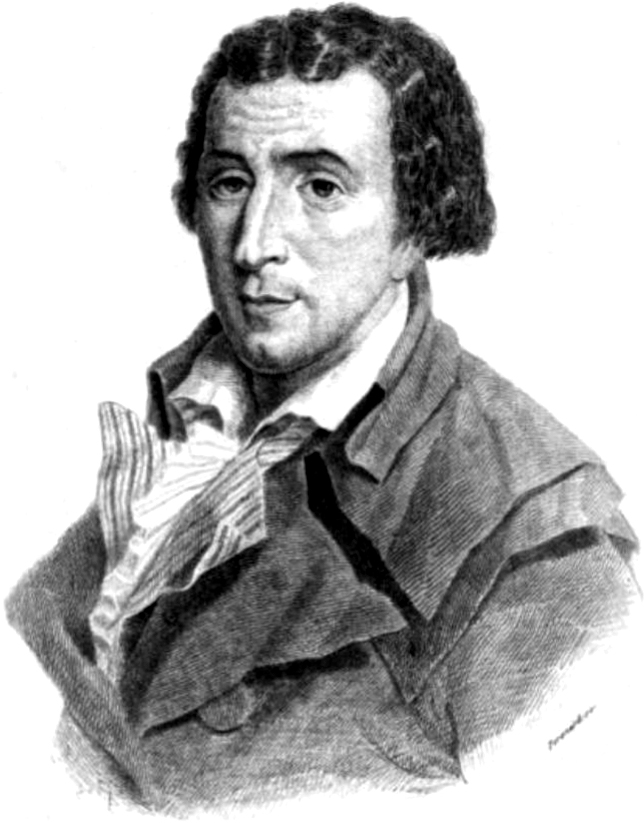
In an article I wrote for this site a few years ago, I formulate the argument that the Enlightenment gave way to civic nationalism thus:
19th century European ethnic nationalism, which originally came out of the Enlightenment, can undoubtedly be considered a good thing in a certain sense; however, because it was in most cases founded on secular humanism, rather than biblical grounds, it necessarily led to a feeling of inherent racial/ethnic superiority that once again led to imperialism. Europeans founded colonies in Africa, and many considered Africans inferior from the rationalist perspective. This view, however, was incompatible with the egalitarian worldview that was prevailing at the time, and the bizarre consequence was that non-Europeans needed to be uplifted to the Western standards of civilization, which could not be achieved unless Africans were Westernized and assimilated into Western society. So, humanist-based ethnic nationalism naturally had to make way for civic nationalism (or liberal nationalism), which is considered less discriminating.
Abolitionist ideals were the practical means by which civic nationalism and propositional nationhood came to replace the traditional notion of ethnonationalism. I stand by this argument, but my recent research has brought me to a deeper understanding of the theoretical aspect of this development.
In the National Assembly after the French Revolution, the Jacobin Party was divided into the more radical Montagnards and the more moderate Girondins. Because of the bloodthirsty radicalism of the Montagnards, the Girondin legacy was more favorably embraced by nineteenth-century liberals. The Girondins were also known as Brissotins, because the movement was ideologically driven by the Enlightenment philosopher Jacques Pierre Brissot. Brissot was one of the leading proponents of propositional nationhood at the time. In 1788, Brissot founded an abolitionist group called The Society of the Friends of Blacks that was active in publishing literature against slavery. But Brissot also openly “connected national honor to the values of political liberty, popular sovereignty and cosmopolitan peace”, according to Lalevée from the Australian National University.
Brissot and the Girondins thus openly advocated the cosmopolitan ideal of a civic nation, separating statehood from the ethnos it had traditionally served. This laid the foundation for the post-revolutionary view of the social order as imperial and universal, rather than tribal and local. The modern error of propositional nationhood therefore has its roots firmly rooted in the liberal ideals of the French Revolution, even more so than I had previously thought.
| Tweet |
|
|
|




